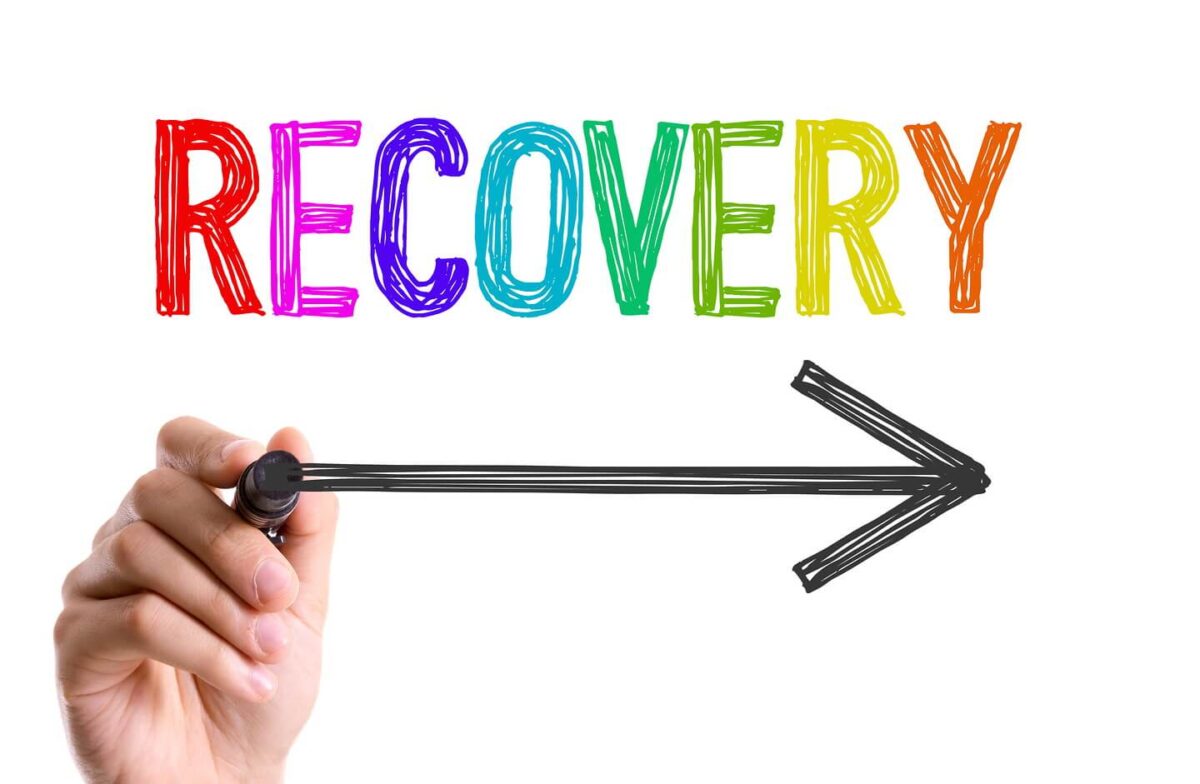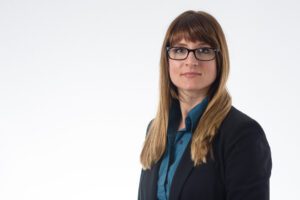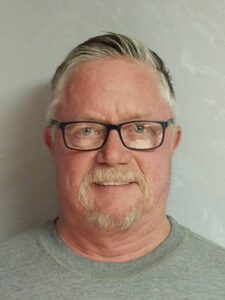
Michael Kelly’s slide into alcoholism began in high school. Fourteen years ago he decided he’d had enough, went into a recovery program, and suffered a relapse. Since then he’s stayed sober and has dedicated himself to working as a recovery coach.
Recovery coaches are peer advocates who have experienced addiction and recovery, either personally or through a friend or relative. They are trained to provide support for others trying to overcome substance abuse.

“A recovery coach is knowledgeable about the multiple options for recovery, helping people discover their own path,” says Kelly. “We remove the stigma and serve as someone they can relate to.”
Along with 64 other recovery coaches, Kelly is putting his unique skills to work as part of a new initiative from Wisconsin Voices for Recovery. The organization has received a one-year, $1.4 million grant from the Wisconsin Department of Health Services to train recovery coaches and deploy them in emergency departments throughout Wisconsin.
Recovery coaches in participating communities will be on call to help those who land in an emergency department due to opioid abuse. The coaches will advocate for patients, connect them with resources for treatment, and follow up. Unlike a social worker or therapist, they will provide support from the perspective of someone who knows what addiction feels like.
“The recovery coaches provide a human connection and a pathway to recovery, as well as living proof that positive change is possible,” says Caroline Miller, director of Wisconsin Voices for Recovery.
A surge in opioid abuse
Wisconsin Voices for Recovery is a statewide peer-run network housed at the University of Wisconsin-Madison’s Division of Continuing Studies. The recovery coaching grant is funded through Wisconsin’s share of the federal State Targeted Opioid Crisis Grant. The Department of Health Services received $7.6 million in May 2017 for projects related to prevention, treatment, and recovery.

Following recommendations from the Governor’s Task Force on Opioid Abuse, Wisconsin Voices for Recovery is training recovery coaches, engaging with community organizations, and expanding access to treatment and support services. The goal is to reduce opioid-related overdose deaths and cut back on emergency department recidivism.
Since the early 2000s, Wisconsin has experienced a surge in opioid abuse, with the overdose rate increasing more than fivefold. According to a 2016 report by the Centers for Disease Control and Prevention, the state’s rate of drug and opioid overdose deaths per 100,000 population exceeds the national average.
One life at a time
Wisconsin Voices for Recovery recently held its first training for recovery coaches in Pewaukee. They learned to conduct evaluations, studied medical regulations, and explored emergency department situations. They also received instruction in self-care, given the challenges of such work for those in recovery themselves. The trainings will continue online, along with monthly supervision meetings.
Michael Kelly believes the recovery coaches will make a difference in Wisconsin. He’s already seeing results in his work with Rock Valley Community Programs in Rock County.
“I’ve had success stories in which families have been reunited, kids have come back home, and people have gone to college,” Kelly says. “It’s good to see the smiles, and to see people living again. We’re curtailing the opioid epidemic one life at a time.”
For more information on Wisconsin Voices for Recovery, see here or contact Caroline Miller, cmmiller5@wisc.edu, 608-263-4431.